There comes a pivotal moment in the careers of certain musicians when their artistry transcends mere performance, cementing their influence as a touchstone for future generations. Switchback, the acclaimed Midwestern duo comprising Brian FitzGerald and Martin McCormack, has reached this illustrious milestone. Celebrated for their seamless fusion of Celtic and Americana music, Switchback has evolved from being part of the musical crowd to setting the standard others aspire to.
Switchback’s meteoric rise to international acclaim is no accident. Their unique sound, aptly described as “American Roots with Celtic Soul,” captivates audiences with its rhythmic fusion of Celtic tribal beats and the raw, expansive energy of the American plains. Their meticulously crafted songs are not just melodies; they are emotional journeys that compel listeners to both dance and reflect. In concert, the duo’s harmonious interplay of mandolin, guitar, bass, and percussion creates an exhilarating auditory experience reminiscent of an old-time wooden roller-coaster, each note a thrilling ascent or heart-pounding drop.
The music industry has taken note. American Songwriter Magazine, with endorsement from Americana icon Steve Earle, hails Switchback as a pioneering force in blending American roots and traditional Celtic styles. Their music brims with an energy and joyous abandon that Matt Malloy of The Chieftains calls “powerful!” Ron Pen, esteemed professor and Director of the John Jacob Niles Center for American Music, succinctly captures their essence, proclaiming Switchback as “more than Americana – it is America itself.”
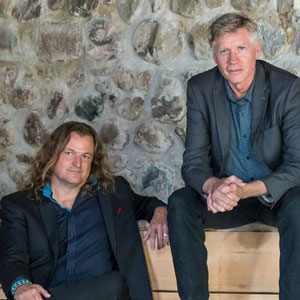 Critical acclaim is matched by audience adoration. Peggie Miller of The Courier in Montgomery County, Texas, extols the duo’s live performances, noting the exceptional harmony of their voices and their ability to generate more music with two guitars and a mandolin than many larger bands. Their music is a testament to the power of simplicity and the profound impact of heartfelt performance.
Critical acclaim is matched by audience adoration. Peggie Miller of The Courier in Montgomery County, Texas, extols the duo’s live performances, noting the exceptional harmony of their voices and their ability to generate more music with two guitars and a mandolin than many larger bands. Their music is a testament to the power of simplicity and the profound impact of heartfelt performance.
Switchback’s influence extends beyond the stage and studio. With three PBS specials, music featured on NBC, and performances alongside legends such as The Moody Blues, Jethro Burns, Clifton Chenier, John Hartford, Leon Russell, Dale Watson, The Chieftains, Liz Carroll, and Martin Hayes, Switchback has solidified their place among musical luminaries.
Yet, it is their commitment to playing for those who need music the most—in prisons, special needs homes, schools, juvenile detention centers, and nursing facilities—that truly sets them apart. As Marc Smith, creator of the National Poetry Slam, aptly observes, “Switchback hits an everybody note.”
Their latest single, “Red or Blue,” from their album of the same name, is a poignant reflection of the current political climate in the United States. The track, inspired by the duo’s experiences touring in the aftermath of Charlottesville, addresses the artificial divide between “red” and “blue” identities—a divide that most people do not genuinely embrace.
This powerful, straightforward song serves as a critique of those who exploit political divisions for power and profit, while simultaneously calling for unity and collective strength. “Red or Blue” is a wake-up call, a reminder that we are stronger together, and that our common humanity transcends political colors.
Switchback’s “Red or Blue” is more than a song; it is a clarion call for unity in a fragmented world. It exemplifies the duo’s ability to blend poignant social commentary with their signature musical style, creating an anthem for a generation yearning for togetherness. As they continue to inspire and entertain, Switchback stands as a beacon of hope and a testament to the unifying power of music.
OFFICIAL LINKS: SPOTIFY


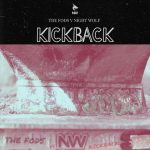



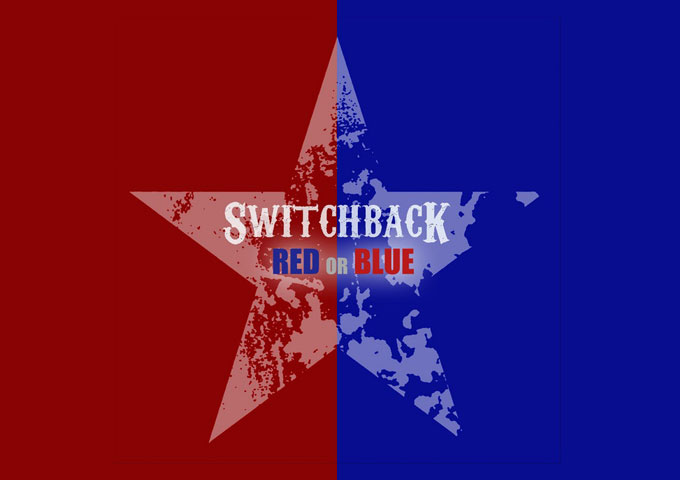
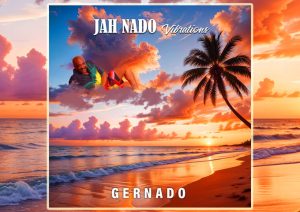
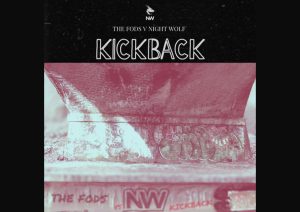
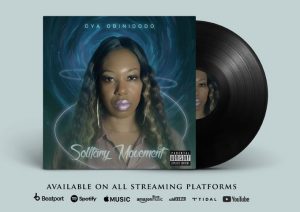

More Stories
GERNADO and ‘Jah Nado Vibrations’: A Spiritual Soundtrack Led by Positive Energy and Reggae Groove
Oya Obinidodo Unleashes New Soundscape with ‘Solitary Movement’
Ivan ATS Drops New Hip-Hop Single “You & I” – An Emotional Yet High-Energy Club Record